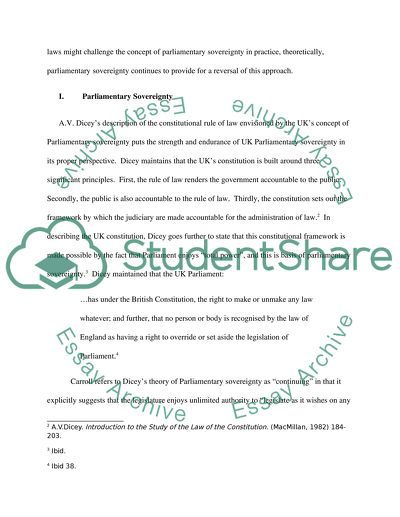Cite this document
(“Plurality of Law in the United Kingdom Essay Example | Topics and Well Written Essays - 2000 words - 2”, n.d.)
Plurality of Law in the United Kingdom Essay Example | Topics and Well Written Essays - 2000 words - 2. Retrieved from https://studentshare.org/law/1564244-public-law-essay
Plurality of Law in the United Kingdom Essay Example | Topics and Well Written Essays - 2000 words - 2. Retrieved from https://studentshare.org/law/1564244-public-law-essay
(Plurality of Law in the United Kingdom Essay Example | Topics and Well Written Essays - 2000 Words - 2)
Plurality of Law in the United Kingdom Essay Example | Topics and Well Written Essays - 2000 Words - 2. https://studentshare.org/law/1564244-public-law-essay.
Plurality of Law in the United Kingdom Essay Example | Topics and Well Written Essays - 2000 Words - 2. https://studentshare.org/law/1564244-public-law-essay.
“Plurality of Law in the United Kingdom Essay Example | Topics and Well Written Essays - 2000 Words - 2”, n.d. https://studentshare.org/law/1564244-public-law-essay.


